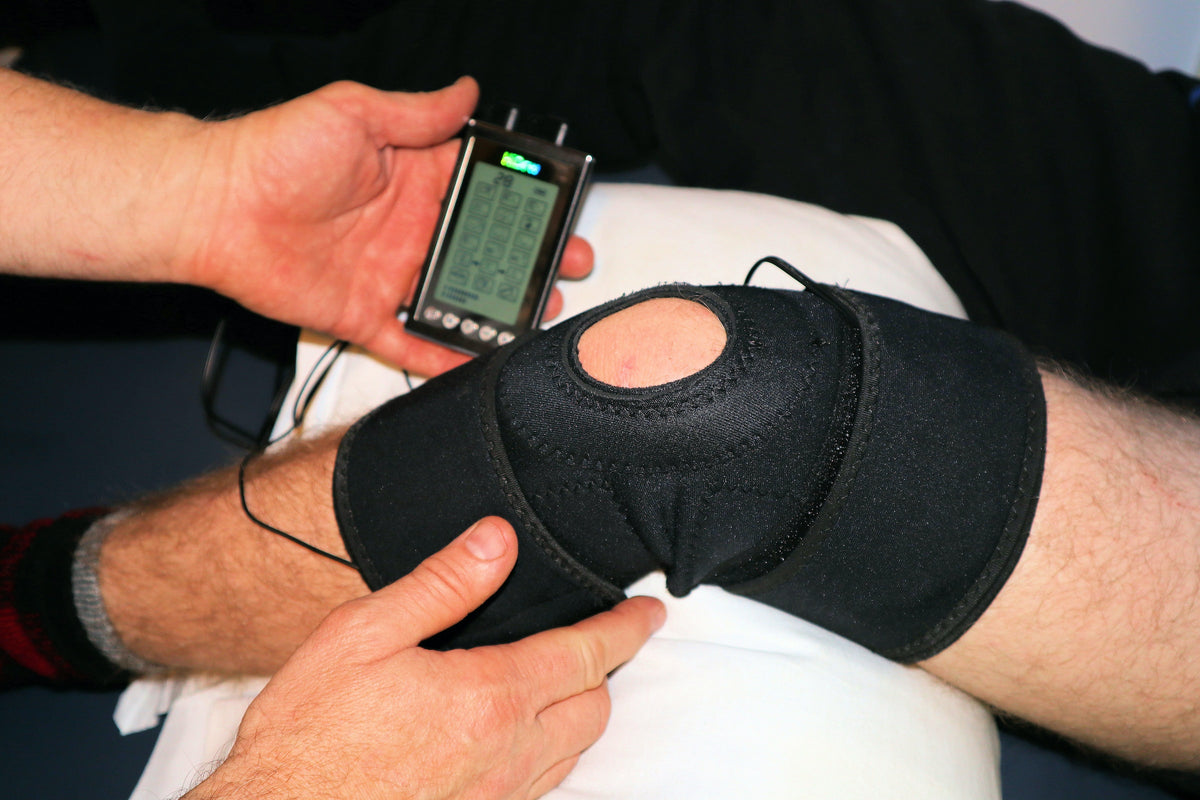
Your ACL (anterior cruciate ligament) is one of the most important ligaments for knee mobility. It stretches across your knee in a diagonal direction. The ACL is responsible for helping your knee rotate as well as controlling the back-and-forth motion. ACL tears are common in active adults and are one of the toughest injuries to recover fully from.
ACL tears typically require surgery which can take anywhere from 6 months to 2 years to fully recover from. Your recovery time is largely dependent on how well you follow your doctor’s post-op instructions and how vigilant you are about your physical therapy sessions. Physical therapy is the best treatment method for recovering from ACL surgery.
However, there are other things to consider for a faster recovery. Below are 6 things to avoid after an ACL surgery to reduce recovery time and avoid further complications.
The first and most important thing you can do after your ACL surgery is to never skip a follow-up doctor’s appointment or physiotherapy session. Your doctor and physiotherapist are health professionals for a reason.
Not showing up for an appointment or neglecting their advice can mean trouble later down the road in recovery. If you show up and listen to their advice, you will be more likely to recover faster.
Many people negligently fail to follow their health professional’s instructions, which can lead to complications during their recovery. Following the doctor’s orders may mean you have to push past your comfort zone or slow down, depending on your situation.
Make sure you make it to your appointments to improve your chances of a faster recovery time.
Placing any unnecessary pressure on your knee should be avoided until you are healed. Your body needs time to recover and rebuild after surgery. Placing too much pressure on your knee before it’s healed can impair this healing process and lead to a longer recovery time.
Make sure you use a wheelchair or crutches to get around until your surgeon or doctor gives you the go-ahead to place more pressure on it. Not using your knee is easier said than done.
Many people become impatient during rehabilitation and ignore this guidance. Unfortunately, it often leads to a longer recovery time for them.
When recovering from a torn ACL surgery, it’s important to keep your knee as straight as possible.
Bending your knee, even while you sleep, can cause a build-up of scar tissue. Excess scar tissue can harden, which will make it more difficult to fully extend your knee later on.
If keeping your knee straight is hard for you, consider wearing a knee brace. A knee brace will help stabilize and protect your knee during your recovery.
It’s natural to want to shift your weight to your other leg while your injured knee recovers. You must overcompensate some for the sake of relieving pressure from your injured knee.
However, overcompensating too much may lead to injury on your uninjured knee if you’re not careful. Do your best to maintain equal weight distribution on both legs. Do this by staying off your feet as much as possible or using crutches when you do stand or walk.
Your recovery is important. The sooner you recover, the sooner you can get back to your normal activities. Something so important shouldn’t be handled absentmindedly.
If you want to reduce your recovery time, put more focus on your recovery.
Never skip a physiotherapy session and give each exercise your all. Going through the motions isn’t enough. If you want to progress, work on improving during your therapy sessions.
Set goals for your recovery and share them with your doctor and physiotherapist to decide on a safe way to reach your goals. You’re more likely to recover faster if you have a goal in mind.
Recovery can be a long and sometimes boring process. For those who are used to being active, taking time off is challenging. You may become discouraged at slow progress and be prone to negative thinking.
Not being able to move your body like you’re used to can be depressing. It may feel like you will never get back to normal.
Don’t let this negative thinking consume you. Remind yourself that you must be patient and that at some point, you will return to normal. Don’t give up hope and don’t let yourself fall into a depressive spiral.
Your best bet at improving your recovery time from ACL surgery is to prevent the need for it to begin with. Protect your knees when you work out by wearing knee bands, being careful of how much impact you put on your knees, and not ignoring knee pain.
You can also improve your surgery recovery time by doing certain things pre-surgery.
Make sure to get plenty of rest so your body can better handle the trauma of surgery. You should also drink plenty of water and eat healthy, nutritious foods. Nutrition plays a large role in your recovery. Your body uses the nutrients from your food to help heal and repair itself. If you don’t have enough nutrients, healing from your surgery will take longer.
A combination of vitamins, minerals, and herbs from different food groups is ideal for a pre and post-surgery diet. You can also get these nutrients from dietary supplements if diet alone is not enough.
WoundVite is a multi-nutrient supplement that contains vitamins, minerals, and herbs scientifically studied for their benefits in improving wound recovery time.* Implementing WoundVite into your pre- and post-surgery recovery plan may help you heal from your ACL surgery faster.*
Healing your ACL may be a long and complicated process. But by knowing what not to do, you can possibly reduce your recovery time and get back on your feet sooner. Follow the advice of your health professionals and never give up hope for your return to normal.
*These statements have not been evaluated by the Food and Drug Administration. These products are not intended to diagnose, treat, cure or prevent any disease.